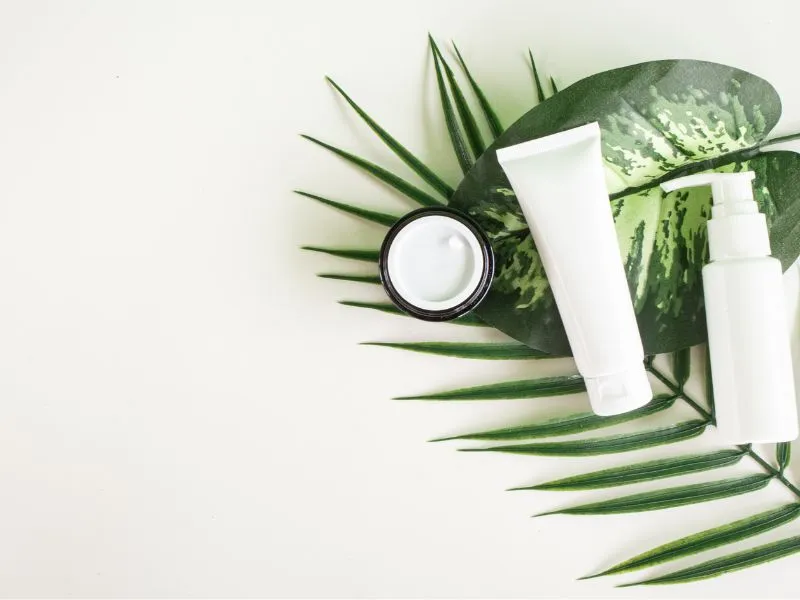Skin pH, simplified
Let’s get the basics down: pH is a numerical scale that measures how alkaline or acidic something is. On a range of 0 to 14, 7 is neutral, below 7 is acidic, and above 7 is alkaline (basic). A healthy skin pH is 4.7, which means it’s a touch acidic.

A balanced skin pH protects your skin’s acid mantle: an ultra-fine, mildly-acidic film on the surface of your skin that keeps bad bacteria and other nasties out and hydrating, natural oils in. Your skin needs to stay at its natural pH level to keep your acid mantle functional and in good condition.
What disrupts your skin’s pH?
Your choice of skincare products can either maintain or disrupt your skin’s natural pH. Overdoing it on exfoliants like alpha hydroxy acids (AHAs), for example, can excessively lower your pH and result in redness and irritation. Alkaline products like cleansers, on the other hand, can raise your pH and cause that taught, dry feeling you may be familiar with.
Aside from skincare products, age is also a factor. The older you get, the more alkaline your skin becomes. It’s quite normal for the acid mantle to deteriorate with age, which makes it all the more important to be mindful of pH and take good care of your skin.
Moreover, an alkaline skin pH also typically accompanies common inflammatory skin conditions like acne, eczema, and atopic dermatitis. So, if you have any of these conditions, it’s essential to maintain a balanced skin pH as part of your treatment plan. Products formulated to treat challenging skin conditions and nourish the skin can play a key role in maintaining a healthy pH balance.
pH skincare: which products are right for you?
There’s no universal solution when it comes to pH skincare; the right products for you ultimately depends on your individual skin type and needs. Always choose a gentle cleanser enriched with amino acids and ceramides (essential fats that comprise 30%-40% of your epidermis). These ingredients cleanse your skin without damage to the acid mantle. If you need to exfoliate, opt for acidic products like lactic, glycolic, and salicylic acid over facial scrubs as these can often be too abrasive and even cause micro-tears in the epidermis (a disaster for skin pH).

Chemical exfoliants are typically milder than scrubs and gently slough away dead skin cells with less damage to the skin.
When it comes to moisturizer, look for products that contain hyaluronic acid, which helps the skin lock-in moisture and stay hydrated (hydration is another factor in healthy skin pH). Probiotics are also a useful ingredient to look out for in moisturizer; these are good bacteria that help maintain a healthy skin microbiome and balanced pH.

Above all, always use skincare products according to the instructions. If your chosen exfoliant only says to use it once a week, for example, don’t do it any more often than that. Otherwise, you’ll damage your acid mantle and needlessly irritate your skin.
Final Thoughts on pH Skincare: The Scientific Approach To Healthy Skin
A balanced pH is essential for happy, healthy skin. By taking pH into consideration, you can ensure your skincare routine supports — rather than destroys — your skin’s natural defenses and maintains a healthy complexion.




